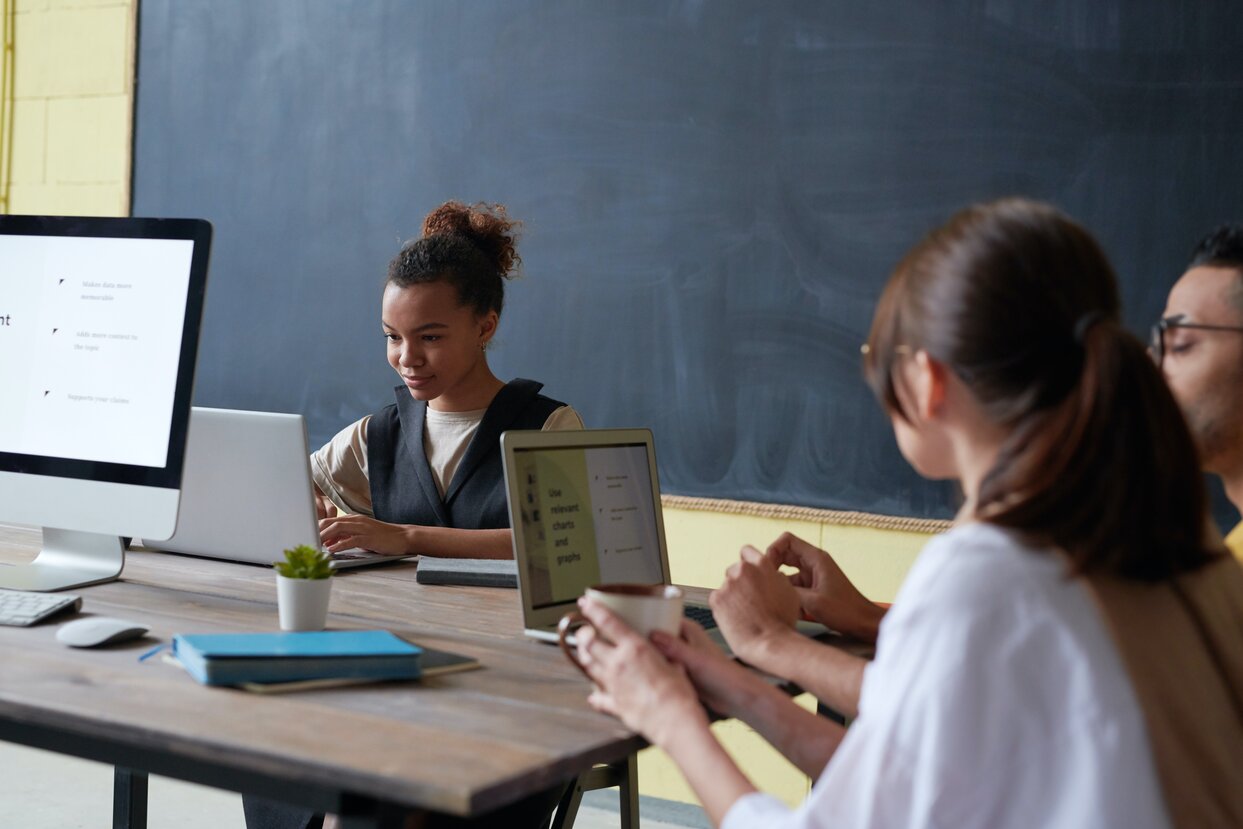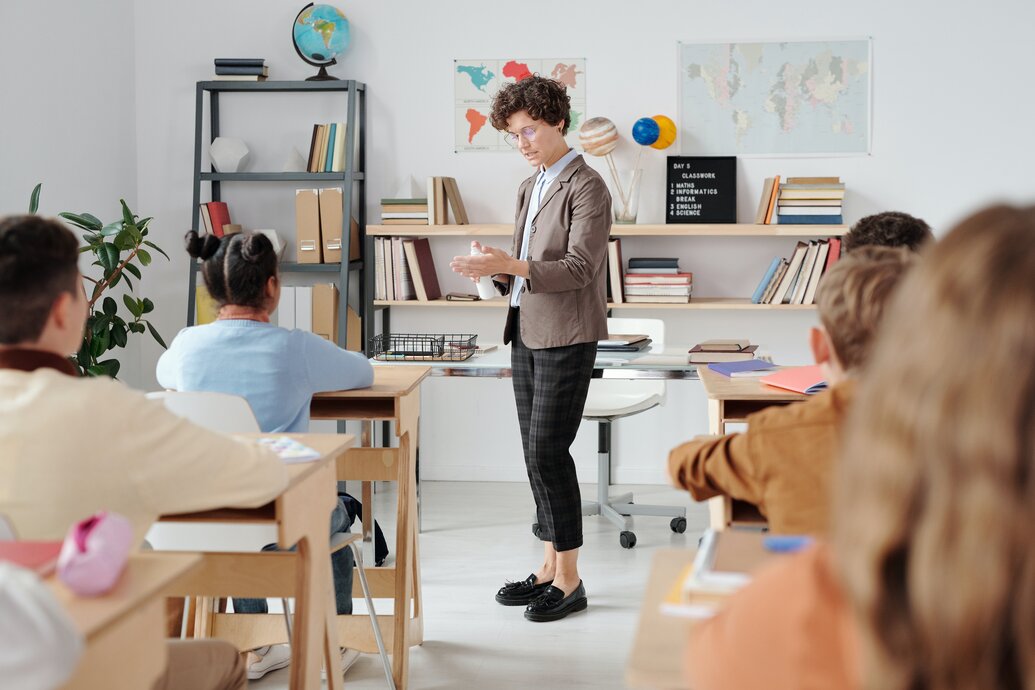The Future: Sustainability Focused Technicians
Encouraging sustainability education amongst youth
Sustainability has been identified as a top priority for leaders over the last couple of years. To attain goals set in place by senior sustainability leaders, it is imperative to build and maintain education programs focusing on skills knowledge as well as the importance of net zero initiatives.
It can be said that this form of training should start as early as grades K through 12. Amalgamating this into the curriculum would ease the normalization of sustainability-focused thinking. There are numerous benefits to introducing this to K-12 students, for one; it educates young minds on societal issues and motivates critical thinking. Secondly, it encourages them to create a better future for themselves through sustainable practices. Thirdly, this may inspire young students to pursue a career in the trades. This addition to the current education program would include different lessons on topics such as energy efficiency, climate and waste, ranging from basic to advanced depending on the grade level.

Why teach children about sustainability?

There have been a number of studies done to support the notion of teaching children sustainability at a young age. Julie Davis, long time expert in early childhood sustainability / environmental education has published many books on the topic, some of which include: Early Childhood Environmental Education: Making it Mainstream (2003), and Early childhood education for sustainability: Why it matters, what it is, and how whole centre action research and systems thinking can help (2010).
In the latter, she explores specific ways to encourage strategies that will teach kids the importance of sustainable living, stating; “The global financial crisis, global pandemics, global warming and peak oil are indicative of a world facing major environmental, social and economic problems. At the same time, world population continues to rise and global inequalities deepen. Children are the most vulnerable to the impacts of unsustainable living with specific harms arising because of their physical and cognitive vulnerabilities. […] Education, including early childhood education, has an important role to in building resilience and capabilities in children that equip them as active and informed citizens now and, in the future, and who are capable of contributing to healthy and sustainable ways of living.”*
Through easing access to industry knowledge and professionals at such a young age, it is likely that students will grow up with more sustainability focused goals, whether that be personal or career driven.
* Davis, Julie (2010) Early childhood education for sustainability: Why it matters, what it is, and how whole centre action research and systems thinking can help. Journal of Action Research Today in Early Childhood, 2010 (April), pp. 35-44.